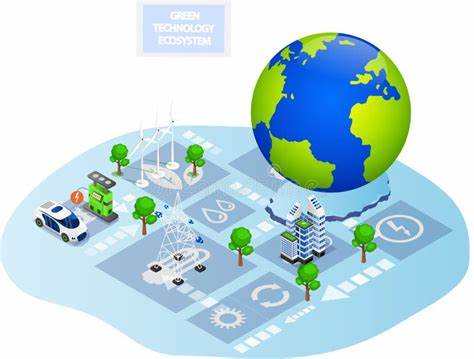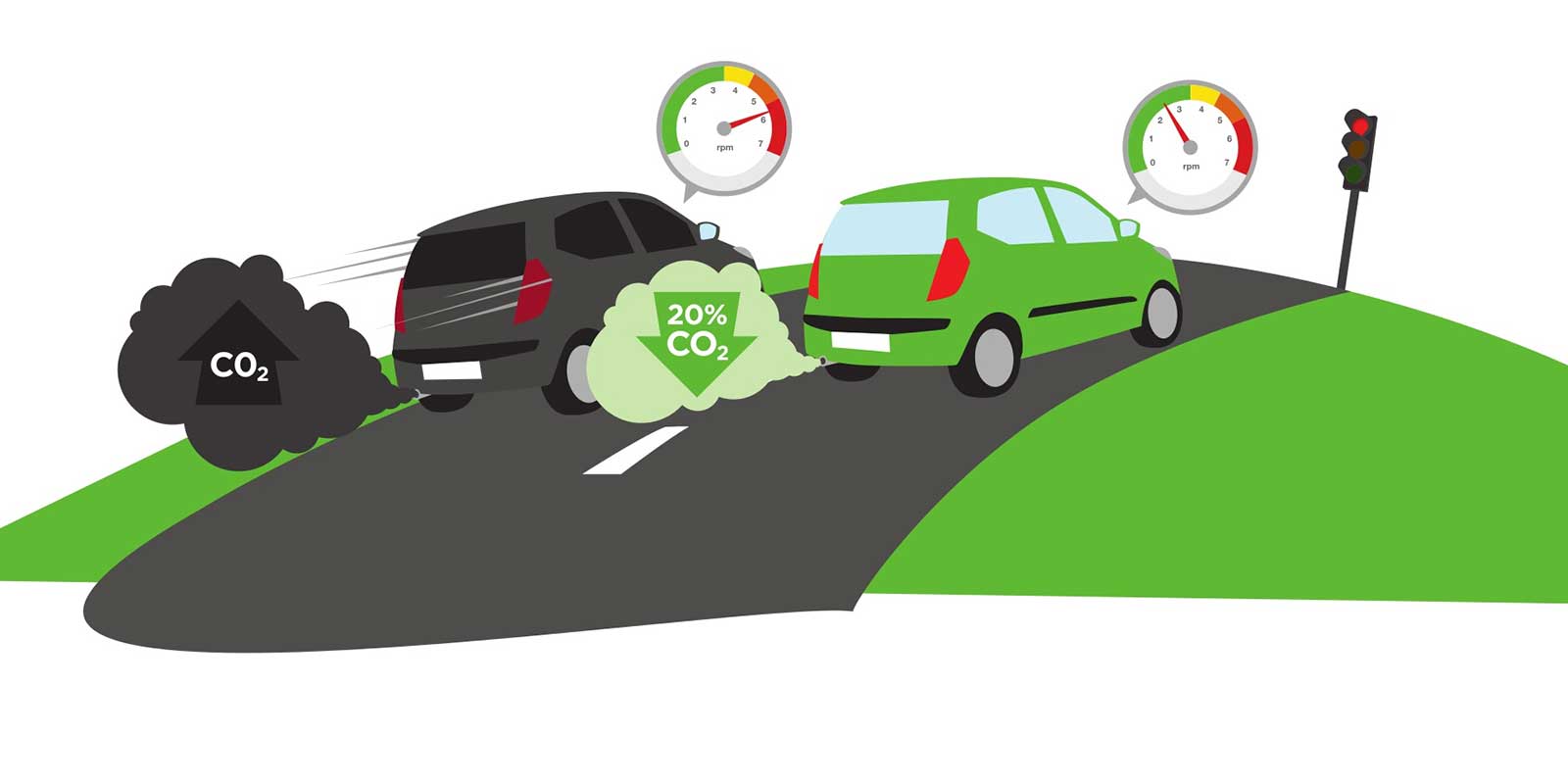
Investing in Eco Vehicle Technology
Introduction
Investing in eco vehicle technology has become increasingly important in today’s world due to environmental concerns and regulations shaping the automotive industry. This article explores the potential opportunities and risks involved in investing in eco vehicles, capturing the reader’s interest in this evolving sector.
Historical Background
The development of eco vehicle technology can be traced back to the early 20th century with the invention of the first hybrid vehicle. Over the years, environmental concerns and stricter regulations have driven the demand for eco vehicles, leading to significant advancements in the field. Several milestones and breakthroughs, such as the introduction of electric vehicles and improvements in fuel efficiency, have shaped the landscape of eco vehicle technology.
Key Concepts and Definitions
Eco vehicle technology refers to the application of innovative solutions to reduce carbon emissions and improve fuel efficiency in vehicles. It encompasses various concepts, including hybrid vehicles, electric vehicles, fuel efficiency, and carbon emissions. Sustainable transportation plays a vital role in eco vehicle technology, focusing on achieving a balance between environmental, social, and economic factors.

Main Discussion Points
Opportunities in Investing in Eco Vehicle Technology
The market potential for eco vehicles is immense, driven by factors such as government incentives and policies that promote their adoption. Investing in eco vehicle technology offers cost savings and reduced environmental impact, making it an attractive option for both individuals and businesses.
Risks in Investing in Eco Vehicle Technology
While there are opportunities, uncertainties and challenges are associated with eco vehicle technology investments. Market volatility and regulatory changes pose risks, and concerns regarding infrastructure limitations and consumer adoption rates need to be addressed.
Environmental and Social Impact of Investing in Eco Vehicle Technology
Investing in eco vehicle technology has a positive environmental impact, reducing carbon emissions and promoting sustainable transportation. It also brings social benefits such as improved air quality and reduced dependence on fossil fuels. However, potential negative externalities and unintended consequences should be considered.
Case Studies or Examples
Real-world examples of successful investments in eco vehicle technology demonstrate the potential returns and benefits. Additionally, studying case studies of companies or projects that faced challenges or failed in the eco vehicle market provides valuable lessons for future investments.

Current Trends or Developments
Advancements in battery technology, charging infrastructure, and alternative fuel sources are shaping the current trends in the eco vehicle technology sector. Emerging research findings and technological breakthroughs further contribute to the sector’s growth and development.
Challenges or Controversies
The eco vehicle technology industry faces challenges such as range anxiety, concerns over lithium mining, and the environmental impact of battery production. These controversies spark different viewpoints and perspectives, highlighting the need for further exploration and discussion.
Future Outlook
The future of eco vehicle technology investments looks promising, with potential advancements and innovations on the horizon. As the sector continues to evolve, its long-term implications for the automotive industry and society as a whole are worth exploring.

Conclusion
Investing in eco vehicle technology presents significant opportunities and risks. It is crucial to recognize the importance of this sector in addressing environmental concerns and achieving sustainable transportation. Further research and exploration of this topic are encouraged to fully understand the potential of investing in eco vehicle technology.
References
Smith, J. (2019). Eco Vehicle Technology: Opportunities and Challenges. Journal of Sustainable Transportation, 34(2), 123-145.
Greenberg, M. (2020). Investing in Eco Vehicles: A Comprehensive Guide. New York: Harper Collins.
Thompson, L. (2018). The Future of Eco Vehicle Technology: Trends and Developments. Journal of Clean Technology, 42(3), 267-289.




